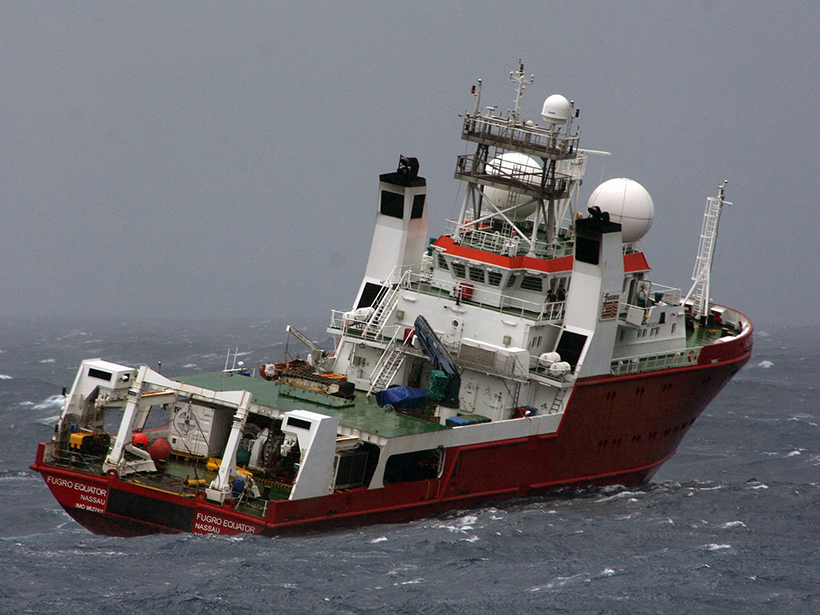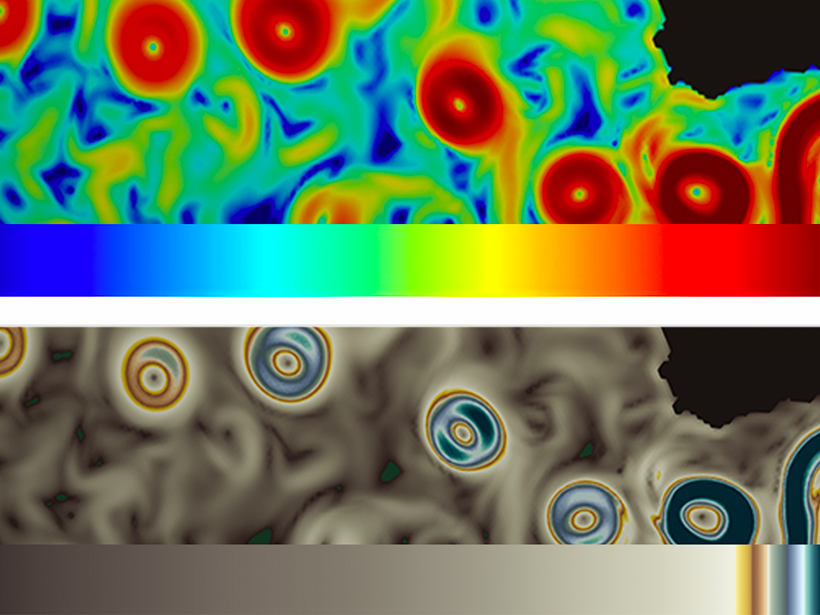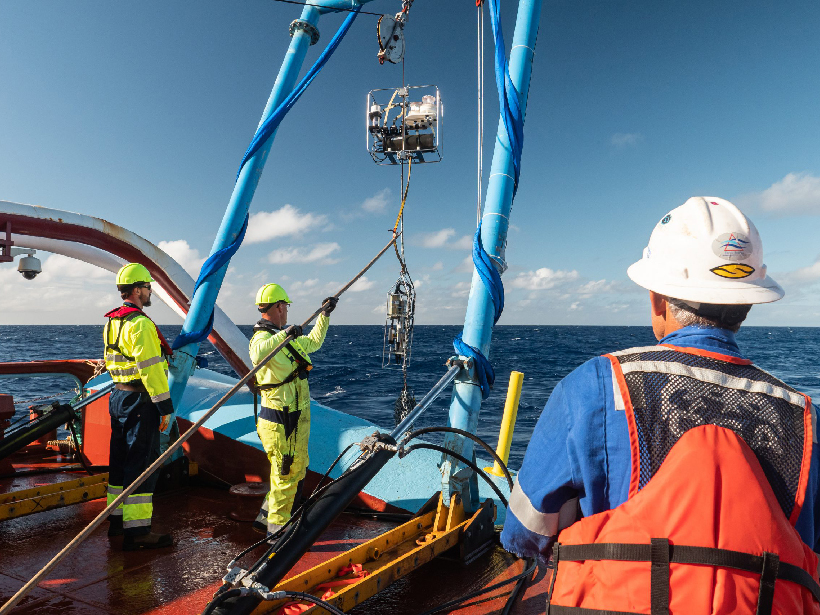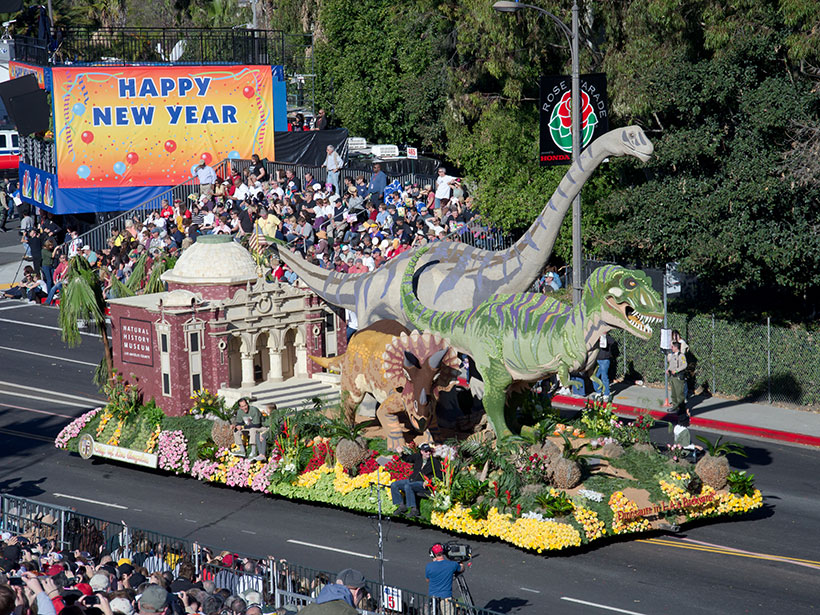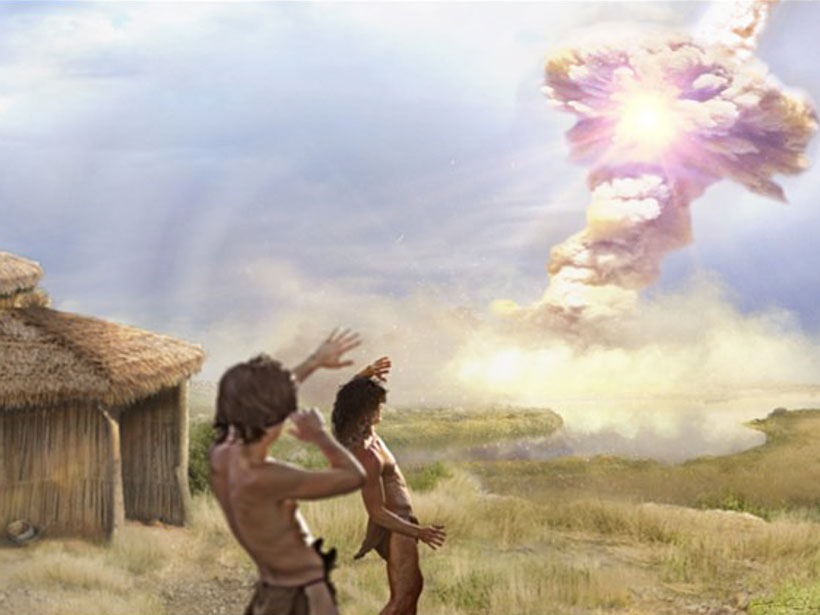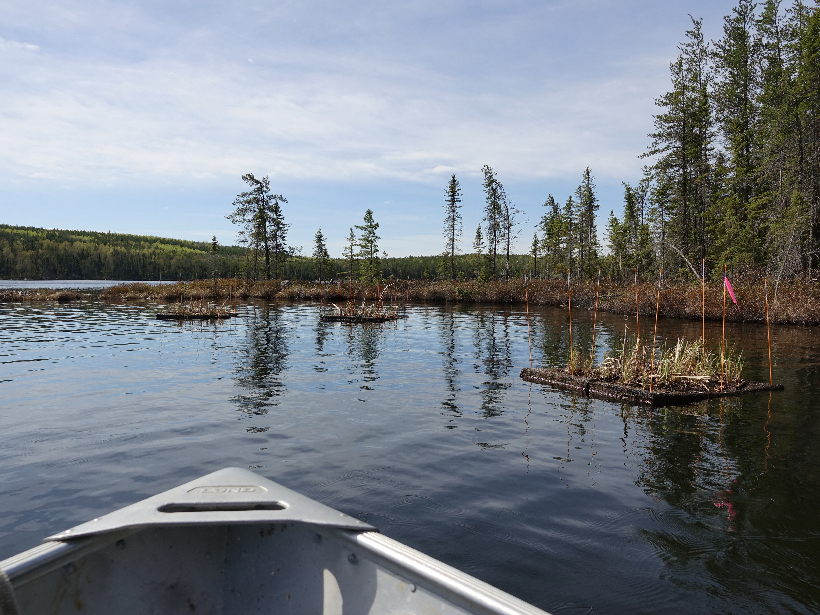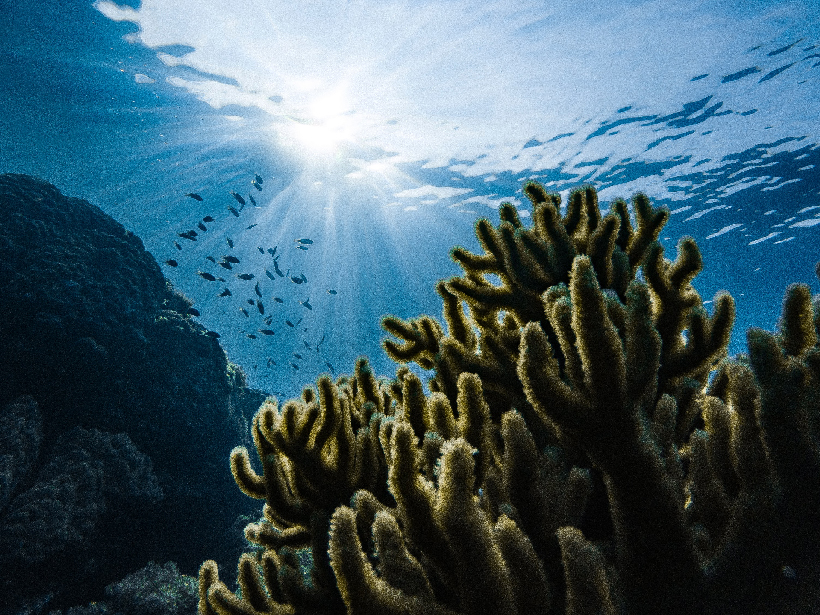Efforts to recover the missing airplane produced high-resolution bathymetry of the southern Indian Ocean that raises new ideas about how ocean crust forms.
News
Sunburned Surface Reveals Asteroid Formation and Orbital Secrets
Thanks to spectacular high-resolution images from Hayabusa2, scientists can now better estimate how and when the asteroid Ryugu formed, how its orbit has changed over time, and what its surface looks like.
This Week: The Best of Eos
As we head into the second half of 2020, we take a look back on our favorite stories of the year so far.
Below the Great Pacific Garbage Patch: More Garbage
New research is finding there’s more to marine debris than just what appears near the ocean surface, including tons of microplastics extending hundreds of meters into the deep.
Everything’s Coming Up Roses for Pasadena Seismologists
Using fiber-optic cables, a new seismic network charts vibrations associated with the Rose Parade’s massive floats and marching bands.
Armagedón a 10,000 A.C.
Fragmentos de un cometa probablemente golpearon la Tierra hace 12,800 años, y una pequeña aldea del Paleolítico en Siria podría haber sufrido el impacto.
Deep Biases Prevent Diverse Talent from Advancing
A new study indicates that underrepresented students in science-related fields are innovating at high rates—but not reaping commensurate rewards.
Fieldwork in the Experimental Lakes Area Adapts to COVID-19
Though anticipating long days and hard work as a few key crew members do the job of many, researchers heading to the lakes this summer are excited to leave the house.
How Machine Learning Redraws the Map of Ocean Ecosystems
Using an unsupervised learning algorithm, scientists can create new maps of ecosystem provinces in the ocean, opening the possibility of sharper data collection and monitoring.
The Future of Big Data May Lie in Tiny Magnets
New research in the field of neuromorphic computing uses tiny magnets and their magnetic fields to optimize computing algorithms.

